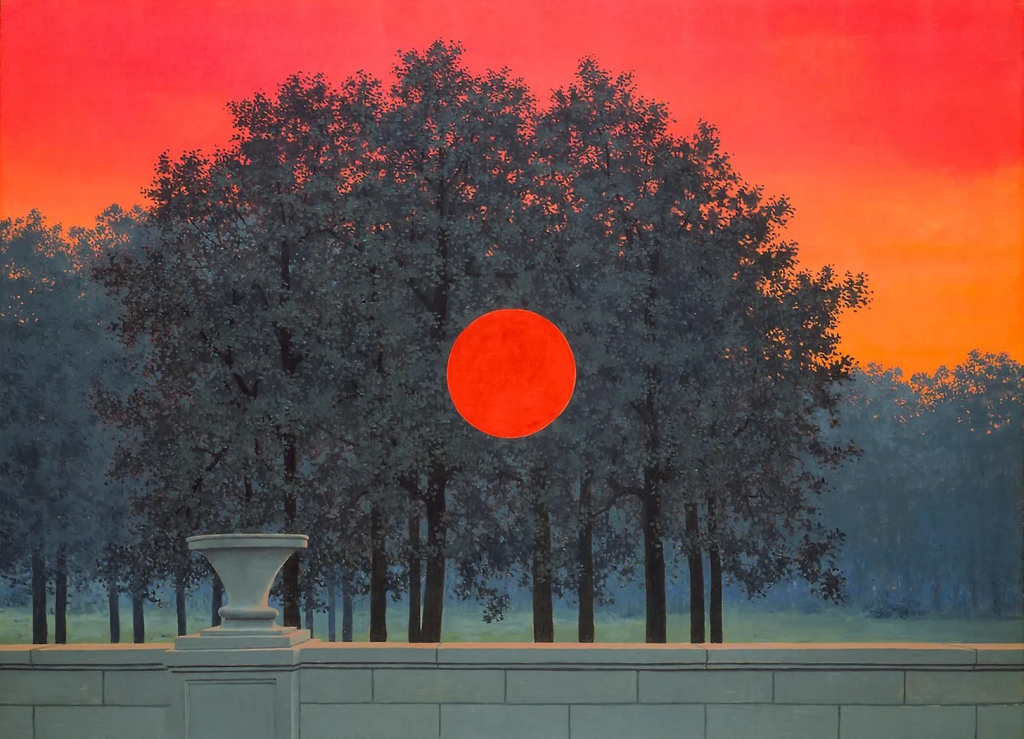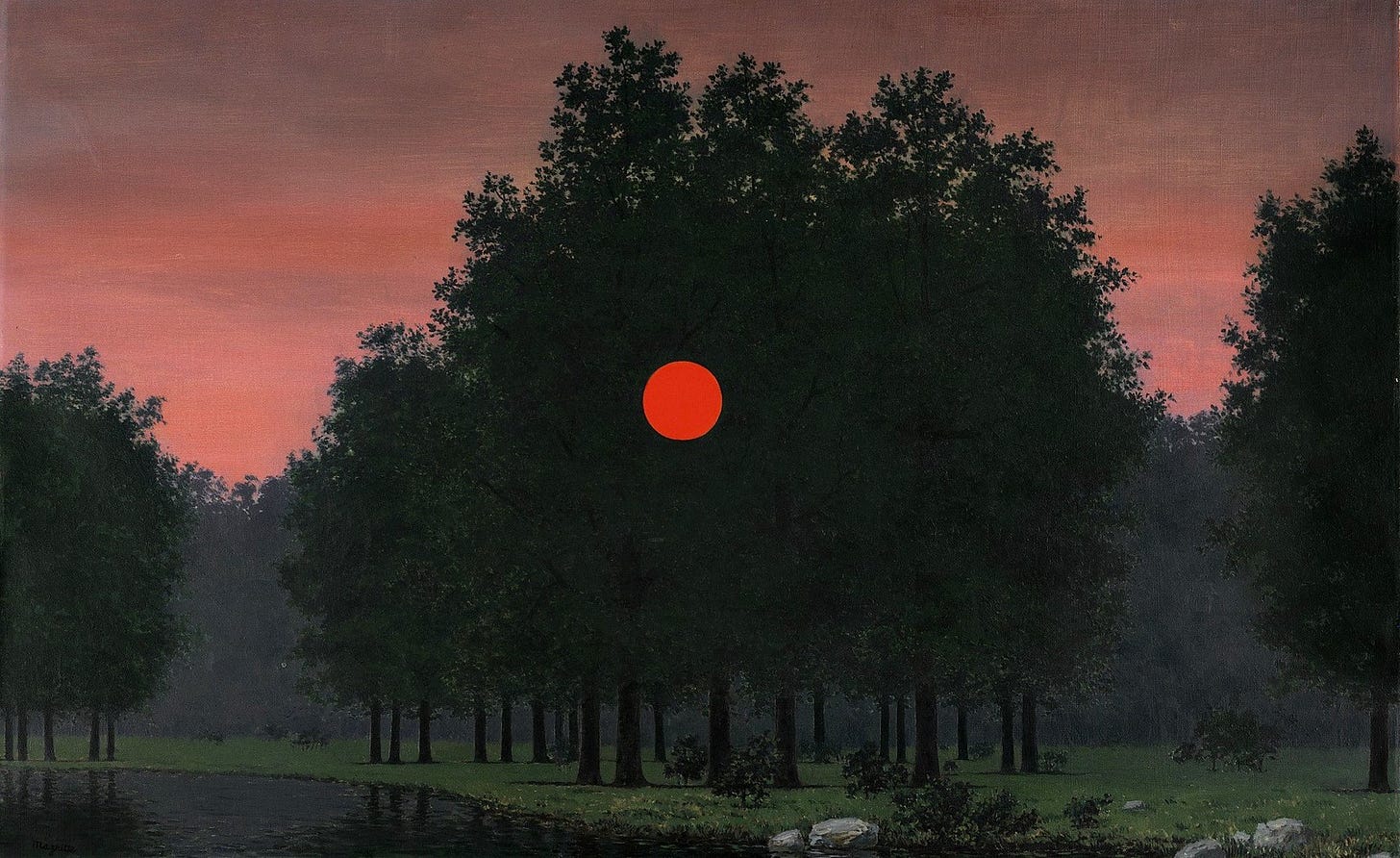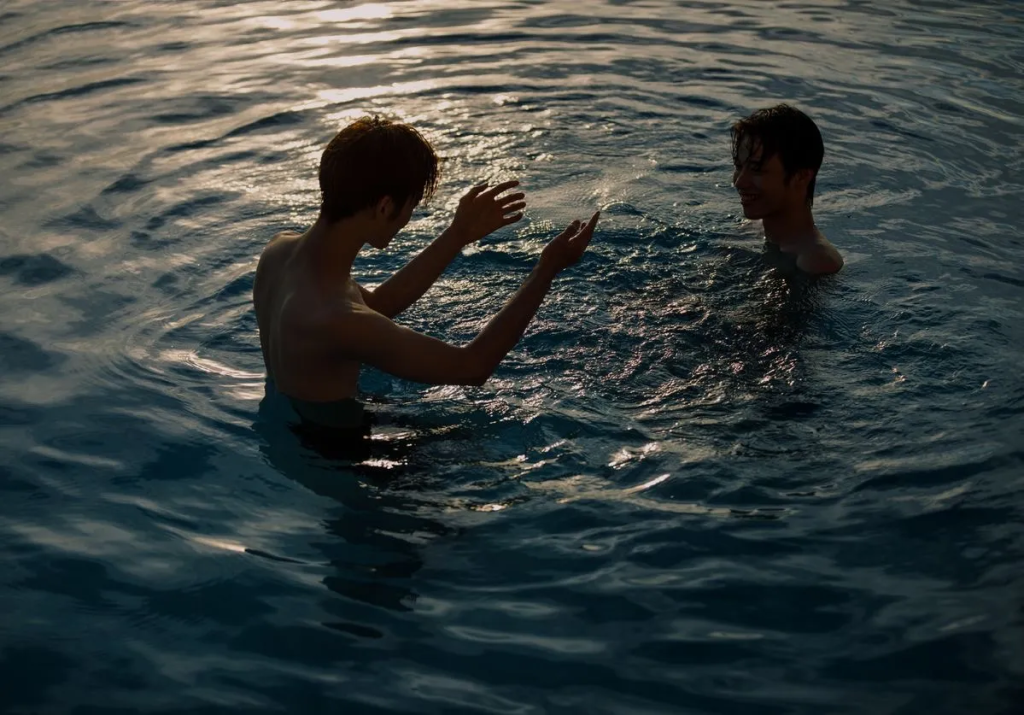
“Silence is worse; all truths that are kept silent become poisonous.”
That you should not hesitate is important, even in your preparation to write. You shall not masturbate the notion too long. You need not hit the brake before you start. There are among aspiring artists countless misbeliefs that deter the possible writer from doing what his heart desperates for, in an attempt to start, perhaps, on strong or otherwise solid basis. This demand for sublimity at dawn of your art is pointless. A more obsessive, less calculated mode of creation would, from my experience, yield more promising results. But I can only speak for myself when I say you need an uncommon vigour and curiosity to reach the crest of excellence with your spirit still longing for greatness. Though I believe I have in my possession the ability to write and compel, I am not the most fanatical of writers. To be truly spectacular in this way, you must grow so monstrous that in the presence of your aptitudes, onlookers can’t help but remain paralysed in disbelief.
For much of my day, I daydream of writing as if it were a distant paradise. I ponder possibilities, I compose ideas which are haplessly discarded before appearing on paper. I begrudge my thoughts as if they were one with my self. I condemn my work. To the point where no appetite is left. I sicken myself by vanity. For a while I thought holding myself to a high regard will lead to some kind of high excellence, but instead it harboured dissatisfaction when a certain expectation or other failed me. I don’t have and didn’t in the past, the courage to admit to myself, that my tendencies with writing have, for as long as I can remember, been rather deviant and unnatural, in the sense that I was ever hardly obsessed with it as much as I told myself I am. I turned to it when I felt impelled in my heart to do so. But perhaps, I have told myself, such a deviance could have been broken off had I not denied it in myself for as long as I did. If I were to continue to be honest with myself, I would also reveal that the reality of my denial made me resentful, that it dissuaded me from creating art. It felt, furthermore, as if I was trying to rebel against my natural ways to prove a point to myself, and that seemed to me a demonstration of some persisting insecurity or weakness, and I knew, without question, that no beauty or art could come of it if terrible force is needed to erect it.
I tended to writing almost haphazardly, spontaneously, in accordance with my passions, in a manner that obviously lacks organization and discipline. In this way, one could assume that I wrote sporadically with no powerful aim in sight, and while that is partially true, it isn’t true in its entirety. What I do however despise with certainty is the rigidity and narrowness of premeditated writing that is, in my eyes, devoid of magic. When some of those writers write, they write over their writing so incessantly that the natural and spontaneous rhythms of their thoughts are so watered down that they are stripped of their character.
The more I matured in my writing, the more I saw; that to be honest with oneself, to the point of complete humiliation, to the point of complete self-transparency, is the only sensible means to create beauty out of one’s own disfigurement. The courageous act of unrelenting sincerity, at its culmination, delivers me from unending disgrace, and in spite of my flaws I have destroyed denial, that lies at the helm of deception and dishonesty. This path I have resolved to pursue has no definite end and is always open to be transformed at any moment. It is the constant struggle of reconciling myself, but in its difficulty lies the eventual and ever unexpected liberation from one’s own fear, doubt, panic.
At every turn, there is always the possibility of catastrophe, of letting off an explosive on myself without being able to forsee its impact or landing. The mere act of bringing to light the darkest of thoughts, I am open and liable to be destroyed; for that reason, I am permanently on edge, waiting to be lit up, burnt down, brought back to light. I am no longer playing with fire, I have become the fire, and in no longer assuming a form, I have formed anew. I have thus realised, and continue to realise, that seeking light in the darkness demands the unleashing of one’s darkest night, for once it is let loose, it lights up in flame.
For there to be ascent within myself, I must be ready to die, not only figuratively, but spiritually. And though the thought of death still kindles fear in my heart, I nonetheless dare to be blown up, holding firm in faith that even in my trembling over the ashes of consequence, I find strength and courage to weather it, and I will. Even in my darkest hour of panic, I don’t lose consciousness. I have always made it through some way or other, but because the possibility that it may happen in the future is always present, the fear of the worst unfolding arises, largely in my head and consequently, in my body.
When faith speaks to me, it tells me that even when the consequences of truth scare me witlessly, and the word that would rather remain buried becomes manifest, the terrors that follow are more than sufferable. They are critical. And in their fruitfulness, they are completely delirious. In light of that realisation, I feel partially liberated with greater enthusiasm, prepared to come out of the trenches, mowing down the falsehoods that were left running with no true faith or aim, but merely as a decoy to permit me time to find a secure hiding place away from the theatre of war. I will burn down the empty coffins that impede my way, and the bridges that were built for recreation.
I will, above all, make myself vulnerable, and in my vulnerability strong enough to withstand the consequences of it, with the higher aim of creating and being something that borders on beauty, and breathing clean air; and more life than I can endure in my lifetime.
“The Edge… There is no honest way to explain it because the only people who really know where it is are the ones who have gone over. The others — the living — are those who pushed their luck as far as they felt they could handle it, and then pulled back, or slowed down, or did whatever they had to when it came time to choose between Now and Later.”
Living Dangerously
When I mull over of my writing, I often realize how faulty a judge I am of my art. At the same time, I can’t seem to fathom how any keen artist can preserve an accurate judgment of his genius or lack thereof. So if he is sufficiently free from vanity, he may ask a discerning fellow or an old master for critique, with the aim of perceiving his own standing. Many a time, I cast doubt on what I write, for my sentimentality often perpetrates a great deal of my more seductive poeticisms and leaves my fellow men questioning whether I am painting a promising picture, or perhaps counseling a way of life or philosophy to the art of being alive. Inevitably, a certain obscurity emerges, and leaves readers wondering if I’m talking of quixotic notions, or heartfelt actualities.
When I say you should fall in love young, recite poetry, write outside, or drive at high speeds while inclining toward the promise of death, I mean it in earnest, not in a pensive utopian light, which too has its magic. In actuality, there is nothing so practical as unpredictable about speeding down the highway late at night. However, thrill-seeking men who speed down the highway don’t have practicality in mind. Truth be told, none of them do. That would defeat the pleasure of relishing the rapture of a fleeting high. To permanently live within the limits of safety is tedious and in due course leads to a sterile existence. No women, either, desires a man who is fundamentally lifeless, insipid and dulled by fear. You must wonder why such a monotonous man is so concerned by safety in the first place. Is it motivated by fear, or the danger of being irresponsible or unprincipled? In my experience, no lively and bright-eyed man has an acute fear of danger – this is not because he is irresponsible, but because he understands that for any man to undertake a rich experience, he must occasionally be careless of his duty. A sufficient measure of negligence is appropriate to rejoice in life’s rhapsodies. For that reason, he finds a thrill in doing things which fondle with death.
As you mature into your mettle, you often, without realizing it, become a sober and inordinately responsible man. The child that once hankered to play is now incarcerated by your impotence to slacken the liabilities that govern your everyday life. You no longer know how to enjoy yourself, you deadened the child with lifeless shelter. An automaton who has more in common with machines than living beings. No man is more mad than he who is sane all the time. On occasion, you ought to lose your mind, fire your own imagination; for that is where passion, energy, and life sprout from. So when I say you must live dangerously, I don’t mean it as a fetching notion, but as a passionate and loving counsel. You weren’t called forth to be a rigid cadaver, a barren body which is largely wooden. Rigidity, stiffness, and tautness are indicative of death, not of sentient beings with a capacity for touch, awareness, and emotion. If you aspire to find balance and natural contentment, you must work toward a certain suppleness of the body, adaptability of the mind. That’s what gives birth to vigor, zeal, drive. Then, you learn to give yourself permission to live unconfined, allowing the child to amuse himself from time to time.
Excessive shelter, safety, and protection eventually stifle your spirit. Later, the real problems become visible; misery, despair, depression, you name it. Most people tend to refuge out of an uneasy disquiet, not out of sensibility. I would go so far as to say that no man is more sensible than he who knows how to live dangerously, for he can tell you something about being alive, unlike those responsible bastards who shun any dance with death, yet are inwardly expired– they seldom dare to expose themselves to the raptures of adventure or the search for the truth, but are seemingly unbothered by the dying of their spirit, which continually taunts them to depart from the sanctuary. Their existence has grown to be a mere sanctum, a safe haven, where good things are quickly deteriorating while nothing beautiful is bursting forth – a waste land of possibility, all given up in a spirit of freedom and false virtue.







